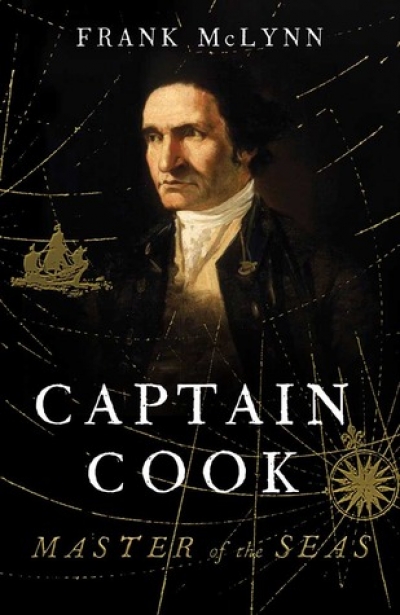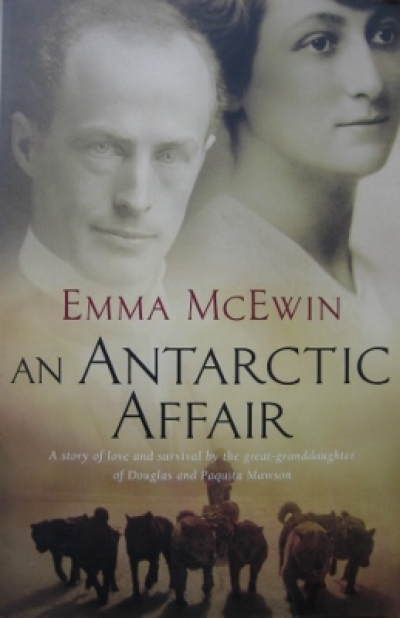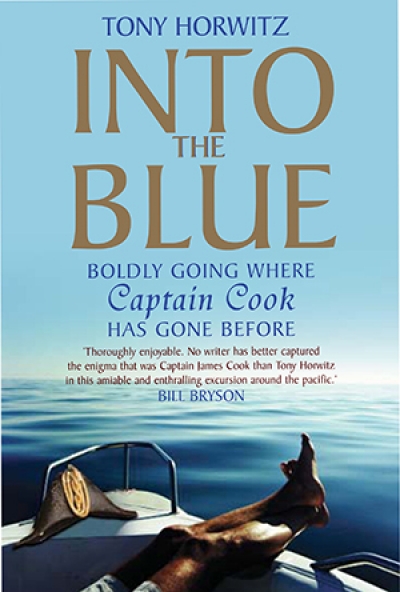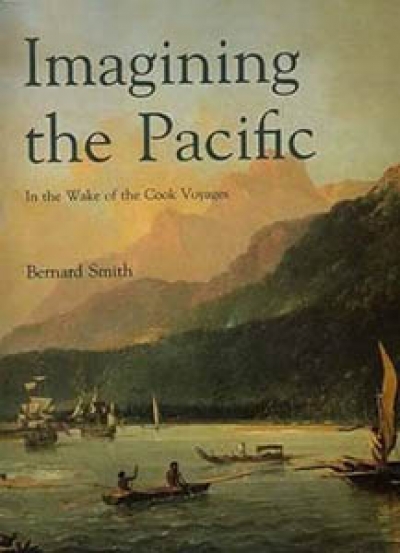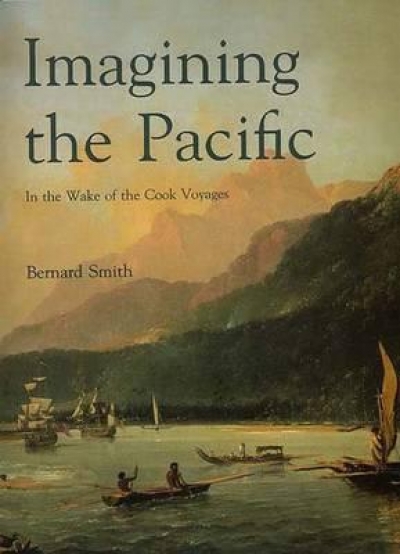Captain Cook
An Antarctic Affair: A story of love and survival by the great-granddaughter of Douglas and Paquita Mawson by Emma McEwin
by Kerrie Round •
Into the Blue: Boldly going where Captain Cook has gone before by Tony Horwitz
by Brigid Hains •
Imagining the Pacific: In the wake of the Cook voyages by Bernard Smith
by Jonathan Holmes •
Imagining the Pacific in the Wake of the Cook Voyages by Bernard Smith
by Jonathan Holmes •

